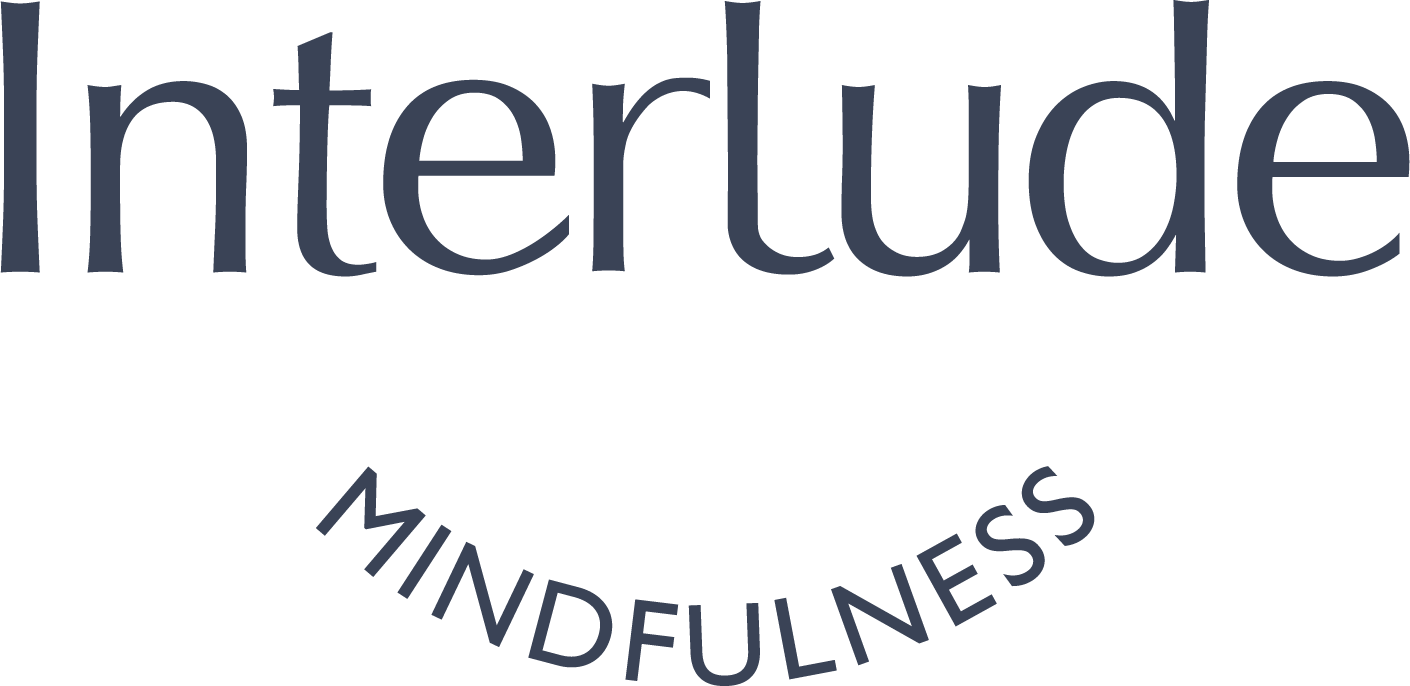4 tips to help you stick to a mindfulness practice.
Do you struggle to stick to your mindfulness practice? You know that being present, calm and confident for your coaching clients is what makes you a great coach and mindfulness is a crucial part of the puzzle, yet something gets in the way of your daily habit. In this post I’ll share my top tips on building a consistent and regular practice, one that you can stick to, that will work around your coaching business and support both you and your clients.
Why it’s hard to practise meditation consistently.
You may be pleased to hear that both new and experienced meditators can find it hard to keep up with their practice. New people wonder if they’re doing it right or question the benefits and even experienced meditators sometimes struggle to face their stress and anxiety in meditation.
The important thing to remember is that daily practice is key to having that sense of calm confidence and research suggests that if you do meditate each day, you’ll most likely feel better on those days. Clients don’t want to find you in a low mood or lacking energy, nor do they want your mind to be scattered when they’re already struggling to find their own answers. For you to have credibility and influence, and ultimately help your clients get results, they need your compassionate, undivided, focused attention.
Here are my top tips for sticking to your mindfulness habit so that you can give your best to your clients.
1. Create a mindfulness plan
If it’s written down, you’re more likely to stick to it – a concept I’m sure you are aware of -most coaches do this with their clients! Ensure you have a variety of practices in there e.g. longer ones to train your mind and help your mind and body rest and restore, and shorter ones when you need to prepare for a call or for stressful moments. If you want some ideas on what your plan might look like, check out this blog Mindfulness for Coaches: your weekly plan.
2. Set your intentions at the start of your practice.
Setting intentions can drive us to take action. If you forget why you’re meditating, it can be easy to wonder why you bother, you can lose interest and sack it off. At the start of your practice, set an intention by ask yourself why you are here. What is the reason you want to meditate? Is it to feel calmer and more in control? Is it to let go of imposter syndrome and feel more confident? Is it to let go of frustrations, mind chatter, and overplanning? Is it to be truly present for your clients? Let your deepest intentions be your guide.
3. Tune into positive emotions and sensations.
Meditation can help us feel relaxed and at ease. When it’s like this, it’s lush! But, when times are tough and there is tension and stress in the body, our attention is pulled in that direction and it can feel really uncomfortable. However you are feeling, whatever the circumstances, try to tune into any sensations of comfort during your meditation. This is easy when you’re relaxed but it can still be done when you’re feeling out of sorts. It could be a sense of your feet on the floor feeling heavy, your hands feeling warm etc. Savouring positive experiences can really boost your willingness to keep practising, especially in hard times.
4. Be accountable, try meditating with others or with a teacher.
Any kind of accountability can help us start and stick to a new habit. If you know any other coaches to meditate with, an online group with friends or even learn with a teacher, this can help keep you going. Apps can be great, but they are often done in isolation and don’t have the same vibe as practicing with others. If you want to check out my Mindful Coach programme where not only can I help you be consistent, but I can teach you specific, confidence-building mindfulness skills and practices to benefit your coaching business including those which will give you the presence and impact you need and want for your clients.
If you found this blog helpful, you may also like:
7 mindfulness mistakes to avoid when you’re a coach and A guide to feeling more confident as a coach
If you’d like regular mindfulness tips specifically for coaches in your inbox, feel free to sign up for my newsletter below.

